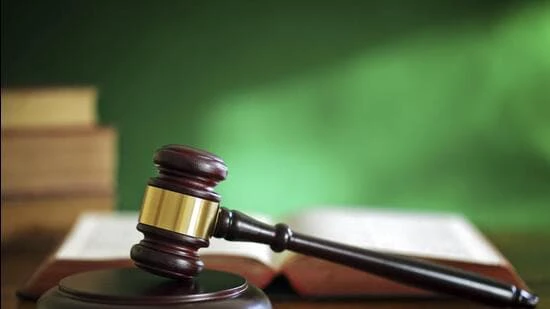The Supreme Court has taken suo motu cognisance to examine whether investigating agencies and police can legally issue direct summons to lawyers for rendering legal advice or representing clients during investigations, in a move that could significantly strengthen legal privilege protections.
A bench headed by Chief Justice Bhushan R Gavai and comprising Justices K Vinod Chandran and NV Anjaria will hear the matter on July 14. The case has been registered as “In re: Summoning advocates who give legal opinion or represent parties during investigation of cases and related issues.”
The development follows pointed observations by another Supreme Court bench last month that summoning lawyers for advising clients could “shatter the core of legal independence” and constituted “serious interference with the administration of justice.”
During a June 25 hearing, Justices KV Viswanathan and N Kotiswar Singh had urged the Chief Justice to initiate suo motu proceedings to establish broader safeguards. “This is not just about one lawyer. It is about protecting the spine of the legal system,” the court observed.
The remarks came in a case involving a Gujarat-based lawyer summoned by police merely for securing bail for his client in a loan dispute. The SC/ST Cell in Ahmedabad had issued the summons under Section 179 of the Bharatiya Nagarik Suraksha Sanhita (BNSS), which was subsequently upheld by the Gujarat High Court before the Supreme Court stayed the order.
The court warned that unchecked summons could create a chilling effect on legal professionals and damage the justice delivery system. “Lawyers must be able to advise and represent clients without fear of being summoned or harassed,” it said.
Two key questions have been framed for consideration: whether police can summon lawyers who have only provided advisory services, and if there is more than advisory involvement, should judicial oversight be mandatory?
The court has sought inputs from the Attorney General, Solicitor General, chairman of the Bar Council of India, and presidents of the Supreme Court Bar Association and Supreme Court Advocates-on-Record Association.
The intervention comes following recent episodes. In June, the enforcement directorate issued summons to Supreme Court advocates Arvind Datar and Pratap Venugopal over legal opinions rendered in connection with Care Health Insurance’s ESOP allotment to former Religare chairperson Rashmi Saluja.
However, the ED withdrew both summons following widespread backlash from the legal community and representations by bar associations. The agency later clarified that Venugopal was summoned as an independent director of Care Health Insurance, not as legal counsel.
The ED subsequently issued a circular directing field offices not to summon advocates in violation of Section 132 of the Bharatiya Sakshya Adhiniyam, 2023, which protects privileged legal communications. The agency mandated that in exceptional cases where the proviso to Section 132 may apply, prior approval from the ED director would be required before issuing summons to any lawyer.
